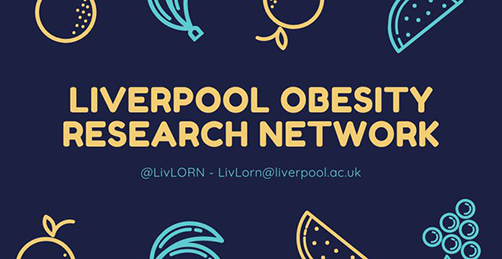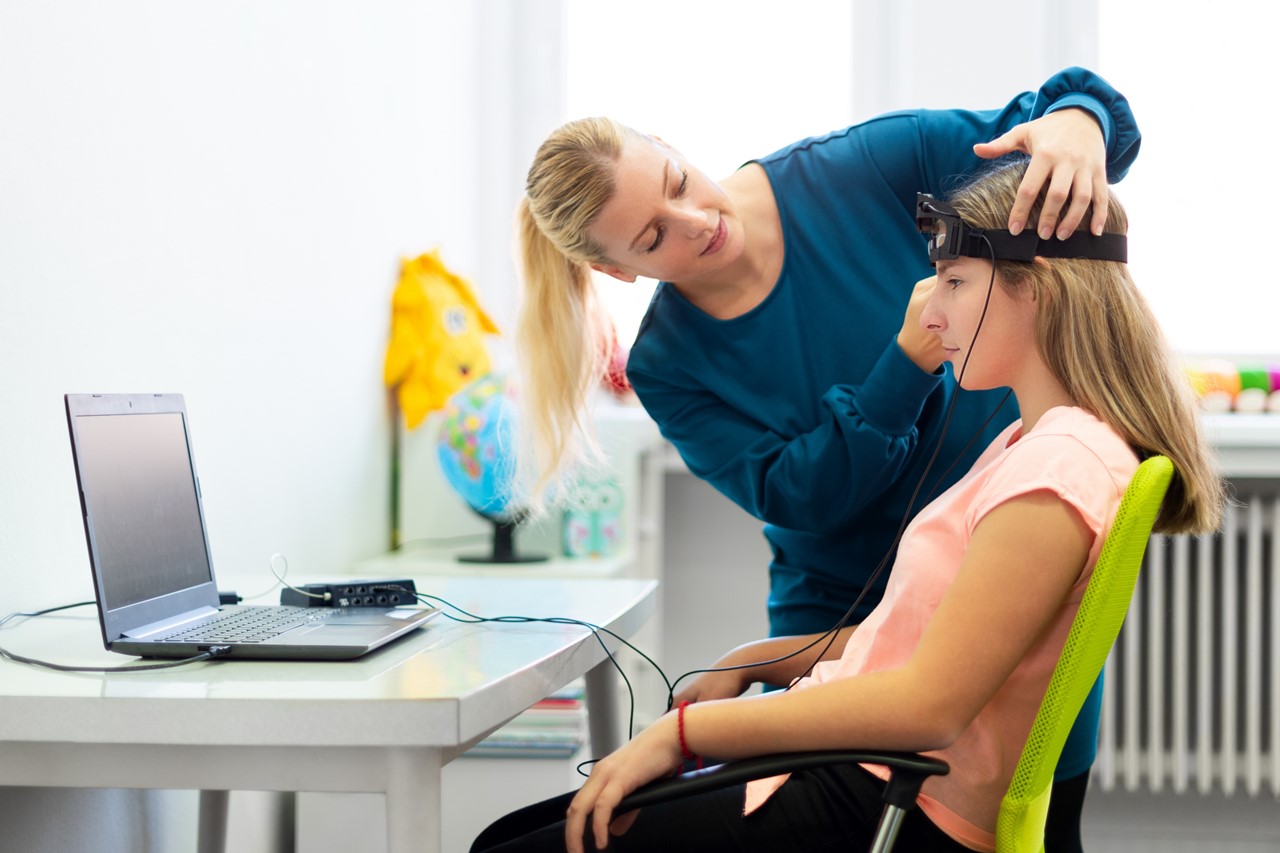Department of Psychology
- University home >
- Institute of Population Health >
- About us >
- Psychology
Improving our understanding of the brain and behaviour.
The Department has a strong history and reputation for excellence, owing its origins to Nobel Laureate, Sir Charles Sherrington, who founded a laboratory at the University in 1895, specifically to study behaviour.
We conduct world-leading, translational research spanning basic and fundamental (neuro)science to applied research in industry, health-care, and behaviour change.
Our research ethos is multi-disciplinary and collaborative, with a focus on quality and impact. We are a vibrant and ambitious department, which is welcoming and supportive to all.
In REF 2021, 88% of our research was ranked as world leading (4*) or internationally excellent (3*). We were placed joint first in the UK for our world leading (4*) environment and ranked in the top 10 in the UK for Research Power.
We are committed to excellence in scholarship, teaching and nurturing students to their full potential.
Our challengesOur challenges
Substance use, misuse and dependence
We investigate how psychoactive substances work in the brain, the effects they produce, and how this affects behaviour and broader society.
Forensic, investigative and conflict psychology
We work with and deliver education, training and research to reduce suffering and saves lives (in health, law enforcement, security, emergency and defence services).
Informing and evaluating public health policies to improve dietary health and reduce obesity
We conduct and synthesise research to help inform the design and implementation of public health policies related to dietary health and obesity, including evaluations of likely efficacy, cost, barriers to implementation, and impact on health inequalities.
Cognitive and clinical neuroscience
We aim is to further understanding of the neurobiological and psychological foundations of cognitive and sensory functions in the human brain. Our work uses state-of-the-art methods including: psychophysics, eye tracking, electrophysiology, functional and structural brain imaging, computational modeling, Virtual Reality, brain stimulation and neuropsychological studies of patients with acquired cognitive, sensory and motor impairments and neuro-degenerative illnesses.
The development of language in childhood
We use multi-method approaches to study how children learn to communicate with language, how the developing brain supports this process, and how it is affected by cross-linguistic, socio-cultural and individual variation.
Transforming the UK Food System for health, sustainability and equity
Our research seeks to understand the strategies, interventions and policies that are needed to promote better access to healthy and sustainable foods in an equitable way. We design interventions and examine feasibility, acceptability and effectiveness in real-world settings including schools and retailers.
Pain Research
We investigate brain mechanisms by which the conscious experience of pain (both experimental and clinical) is generated and how brain states influence pain-related behaviour.
Improving emergency responses
We are working alongside Merseyside Fire and Rescue examining responses to major incidents to improve emergency response training.
Multi-agency information sharing and co-ordination
We are working with various forces focusing on multi-agency responses to missing persons, in particular children.
Research centres

LuCiD – The ESRC International Centre for Language and Communicative Development
Working with partners from across the world to transform our understanding of how children learn to communicate with language.

Liverpool Obesity Research Network
Research units and laboratories based across the University of Liverpool, Aintree University Hospital and Royal Liverpool and Broadgreen Hospital Trusts. Promoting inter-disciplinary research with a focus on ingestive behaviour, endocrinology and obesity biology.

Unilever Brain and Behaviour Collaboration
The Unilever Brain and Behaviour collaboration is a long-term partnership between Unilever and behavioural neuroscientists in the Psychology Department. The collaboration generates cutting edge neuroscience research that is of commercial interest and has generated over £2million in research income and includes 19 publicly funded projects to date. It currently supports research investigating a range of sensory neuroscience projects and projects on microbiomes and wellbeing.
Case studies

Unhealthy food advertising to children: Impacting on a watershed policy
Our research showed that a 9pm watershed on unhealthy food advertising on television would reduce childhood obesity, improve health outcomes and deliver substantial health cost benefits.

Improving the Effectiveness of Decision Making and Communication in Law Enforcement, Defence, Emergency and Security Services
Our researchers have developed new interview, decision support, and evaluation tools, educational practices, training and guidelines that have increased public safety by improving access to life saving intelligence and critical incident preparedness.
Facilities
The Liverpool Human Ingestive Behaviour Laboratory
One of the largest facilities in Europe dedicated to the study of appetite and ingestive behaviour. It consists of a research kitchen, assessment rooms, testing rooms, a biological assessment laboratory, a bioassay laboratory, a media analysis suite, a social eating laboratory, and a participant lounge.
Bar Laboratory
For research investigating contextual influences on drinking behaviour, and the acute effects of alcohol on cognitive processes such as the automatic processing of drug-related cues, behavioural control and impulsivity.
EEG Laboratory
Hosting 2 EGI Geodesics 128 channel EEG systems in electrically shielded rooms, 2 Biosemi 64 channel EEG systems (one with electrical shielding) and 1 Brain Products 64 channel EEG system with a MOVE wireless system. These systems allow for advanced capture of electrical brain signals (Event Related Potentials), as well as other biological markers including heart rate variability, respiration and skin conductance.
Visual and Audio-visual Laboratory
Supporting our research in visual and auditory psychophysics, and haptic testing. The research is conducted in the general public but also clinical and neurological patient populations.
Brain and Behaviour Laboratory
Supporting the work of the Department’s Appetite and Perception research groups, this laboratory incorporates state-of-the-art facilities, flexible testing spaces, a research kitchen, a Wet Lab and a cutting-edge 128-channel electroencephalography system.







